How Is Ranking Different When Comparing Ppc Vs Seo?
Welcome, young readers! Today, we’re diving into the exciting world of digital marketing. Have you ever wondered how websites rank on search engines like Google? Well, let’s find out! In this article, we’ll explore the differences in ranking between PPC (Pay-Per-Click) and SEO (Search Engine Optimization).
Picture this: you’re searching for information online, and you see some websites listed at the top with a small “Ad” label. Ever wondered how those websites got there? That’s where PPC comes into play. In the online advertising realm, PPC allows businesses to bid on keywords and pay for their ads to appear at the top of search engine results pages. But how does this differ from SEO?
SEO, on the other hand, is all about optimizing a website’s content and structure to naturally climb the ranks of search engine results. No money is involved here – it’s all about creating high-quality content, using relevant keywords, and building trust with search engines. So, in the battle of PPC vs. SEO, who wins the ranking game? Let’s explore the ins and outs together!
When comparing PPC (Pay-Per-Click) and SEO (Search Engine Optimization), the ranking process differs significantly. PPC relies on paid ads to secure top positions in search results, while SEO focuses on organic website optimization and content relevance. In terms of ranking factors, PPC emphasizes bid amount, ad relevance, and quality score, while SEO focuses on factors like keyword optimization, content quality, and backlinks. Understanding these differences is crucial in developing an effective digital marketing strategy.
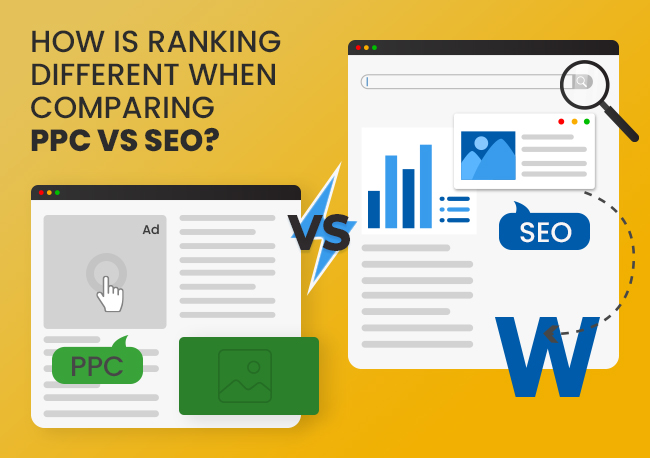
How is Ranking Different When Comparing PPC vs SEO?
When it comes to digital advertising, two strategies dominate the landscape: Pay-Per-Click (PPC) and Search Engine Optimization (SEO). Both methods aim to increase website visibility and drive traffic, but they operate in different ways. Understanding the nuances of ranking in PPC vs SEO can help businesses optimize their marketing efforts and make informed decisions. In this article, we will delve into the key differences in ranking between PPC and SEO and explore how these strategies affect online visibility.
PPC: An Introduction to Paid Advertising
PPC, as the name suggests, is a paid advertising model where businesses bid for ad placement on search engine results pages (SERPs). These ads typically appear at the top or bottom of the page, marked as sponsored or an ad. Unlike SEO, which focuses on organic ranking, PPC allows businesses to pay for immediate visibility. Ad placement is determined through an auction system, with bids based on keywords, ad quality, and budget.
PPC campaigns require careful keyword research and targeting, as advertisers will only pay when someone clicks on their ads. Ad rank is determined by a combination of bid amount and ad quality. Google Ads, the most prominent PPC platform, scores ads based on factors such as click-through rate, relevance, and landing page experience.
While PPC can drive immediate traffic and leads, it can be a costly endeavor. Businesses must optimize campaigns to ensure they are reaching the right audience and getting a satisfactory return on investment (ROI). The ability to target specific demographics and demographics is a standout feature of PPC, allowing businesses to refine their ads based on user behavior, location, and more.
SEO: The Art of Organic Ranking
Unlike PPC, which focuses on paid advertising, SEO revolves around organic ranking. SEO strategies aim to improve a website’s visibility in search engine results pages without resorting to paid ads. Improved visibility leads to increased organic traffic over time, making SEO a valuable long-term investment.
Search engines like Google rank websites based on complex algorithms that consider various factors such as relevance, user experience, and backlinks. Successful SEO campaigns require content optimization, link building, technical improvements, and other strategies that align with search engine guidelines.
While PPC can offer immediate results, SEO is a marathon, not a sprint. It takes time to build authority and credibility in the eyes of search engines. However, once a website achieves high organic rankings, it can enjoy a consistent flow of traffic without continuous investment. SEO also offers the opportunity to establish a strong online presence and become an industry authority in the long term.
The Key Differences in Ranking: PPC vs SEO
Now that we understand the basics of PPC and SEO, let’s dive deeper into their respective ranking processes and the key differences between the two strategies.
1. Placement on SERPs
In PPC, ads are displayed at the top or bottom of the search results page and are clearly marked as sponsored. SEO, on the other hand, focuses on improving organic rankings, which determine a website’s position in the regular search results section. Higher organic rankings are achieved through various SEO techniques, including on-page optimization, content quality, and backlink building.
Key Takeaways: How is Ranking Different When Comparing PPC vs SEO?
- PPC (Pay-Per-Click) is paid advertising where businesses pay for their website to show up at the top of search engine results pages.
- SEO (Search Engine Optimization) focuses on optimizing a website to improve its ranking in organic (non-paid) search results.
- With PPC, rankings are based on the amount a business is willing to pay per click, while SEO rankings are influenced by various factors like website content, backlinks, and user experience.
- PPC allows for immediate visibility and traffic, but SEO builds long-term organic traffic by improving website authority and relevance.
- PPC is a continuous expense, while SEO efforts can result in sustained visibility and traffic without ongoing costs.
Frequently Asked Questions
When it comes to ranking in search engine results, there are some key differences between PPC (Pay-per-Click) and SEO (Search Engine Optimization). Let’s explore some common questions regarding the ranking differences between PPC and SEO.
1. How does ranking work in PPC compared to SEO?
In PPC, ranking is primarily determined by bidding on keywords and the amount of money you’re willing to pay per click. The higher you bid, the higher your ad will typically appear in search results. On the other hand, SEO ranking relies on several factors such as the relevance, quality, and authority of your website’s content.
With SEO, you work to optimize your website and content so that search engines view it as valuable and relevant to users’ search queries. The higher the quality of your SEO efforts and the more relevant your content, the better your chances of ranking high in organic search results.
2. Which one provides faster ranking results, PPC or SEO?
PPC has the advantage of providing immediate visibility since your ads can start appearing as soon as you launch your campaign. However, this visibility is dependent on your budget since once you stop paying for ads, your visibility diminishes. On the other hand, SEO takes time to build and see results.
SEO is a long-term strategy that requires consistent effort, but once you start ranking high in organic search results, it can provide sustained visibility and traffic to your website without ongoing costs.
3. Is it possible for PPC and SEO to complement each other in terms of ranking?
Absolutely! Combining PPC and SEO strategies can be a powerful approach to maximize your ranking potential. PPC allows you to gain immediate visibility and test different keywords and messaging, while SEO builds a strong foundation for long-term organic ranking.
By using PPC data and insights, you can determine which keywords and ad copy convert well, and then incorporate those findings into your SEO strategy to optimize your website’s content and organic rankings.
4. What are the costs associated with ranking in PPC versus SEO?
In PPC, the cost is based on the bidding system where you pay for each click on your ad. The cost per click varies depending on factors such as competition and keyword popularity. It’s important to set a budget and monitor your campaigns to ensure they are cost-effective.
For SEO, the costs are primarily related to the resources and time required to optimize your website and create high-quality content. While it may not have direct monetary costs like PPC, it does require ongoing effort and expertise to maintain and improve your organic ranking.
5. Which one is more sustainable in terms of long-term ranking, PPC or SEO?
SEO provides a more sustainable long-term ranking solution compared to PPC. With PPC, your visibility depends on your ad budget, and once you stop paying for ads, your ranking potential diminishes. On the other hand, SEO focuses on organic search results, and ranking higher in these results can provide ongoing visibility without continuous payments.
While SEO may take longer to see significant results, the efforts put into optimizing your website and creating valuable content can continue to benefit your ranking over time, making it a more sustainable option for long-term visibility and organic traffic.
How is Ranking Different When Comparing PPC vs SEO? | SEO Tips
Summary
Paying for advertisements (PPC) and optimizing for search engines (SEO) are two different methods to improve online visibility.
With PPC, you pay to have your website shown on search engine results pages, while SEO focuses on making your website rank higher organically.
PPC can offer immediate results, but you have to keep paying for it, while SEO takes time to show its effects, but can be more cost-effective in the long run.
PPC requires a budget, while SEO relies on creating high-quality content and optimizing your website.
Both strategies have their advantages and choosing the right approach depends on your goals and resources.
Remember, it’s essential to have a well-rounded digital marketing strategy that combines both PPC and SEO for maximum online visibility and success.
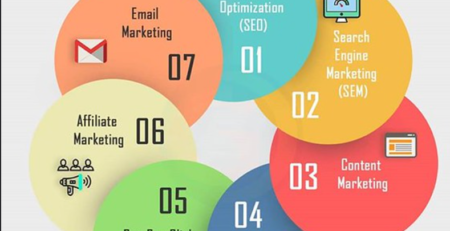
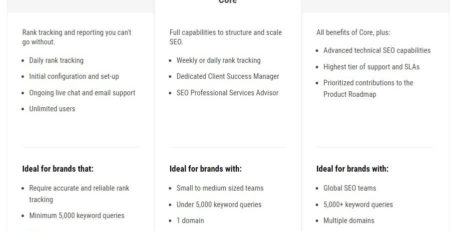
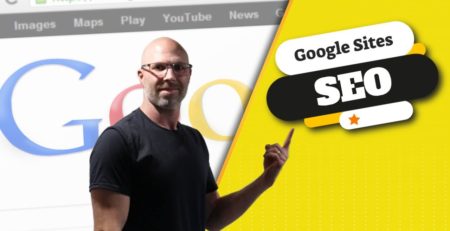

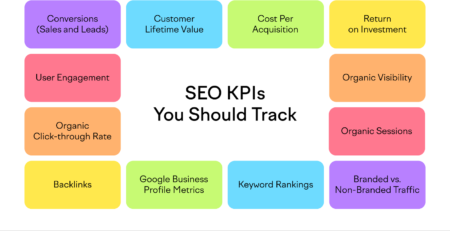
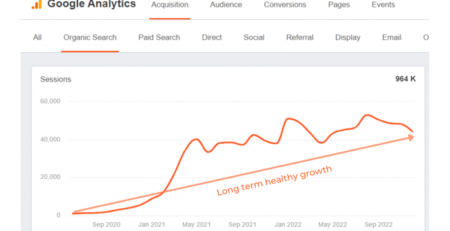
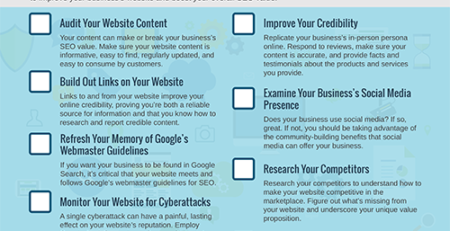
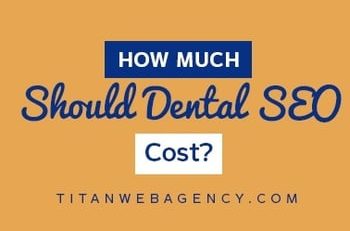
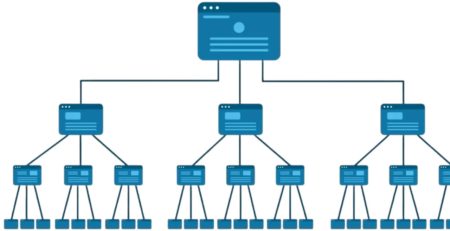
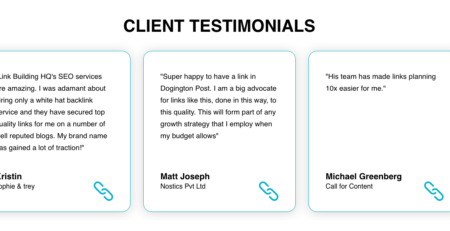
Leave a Reply